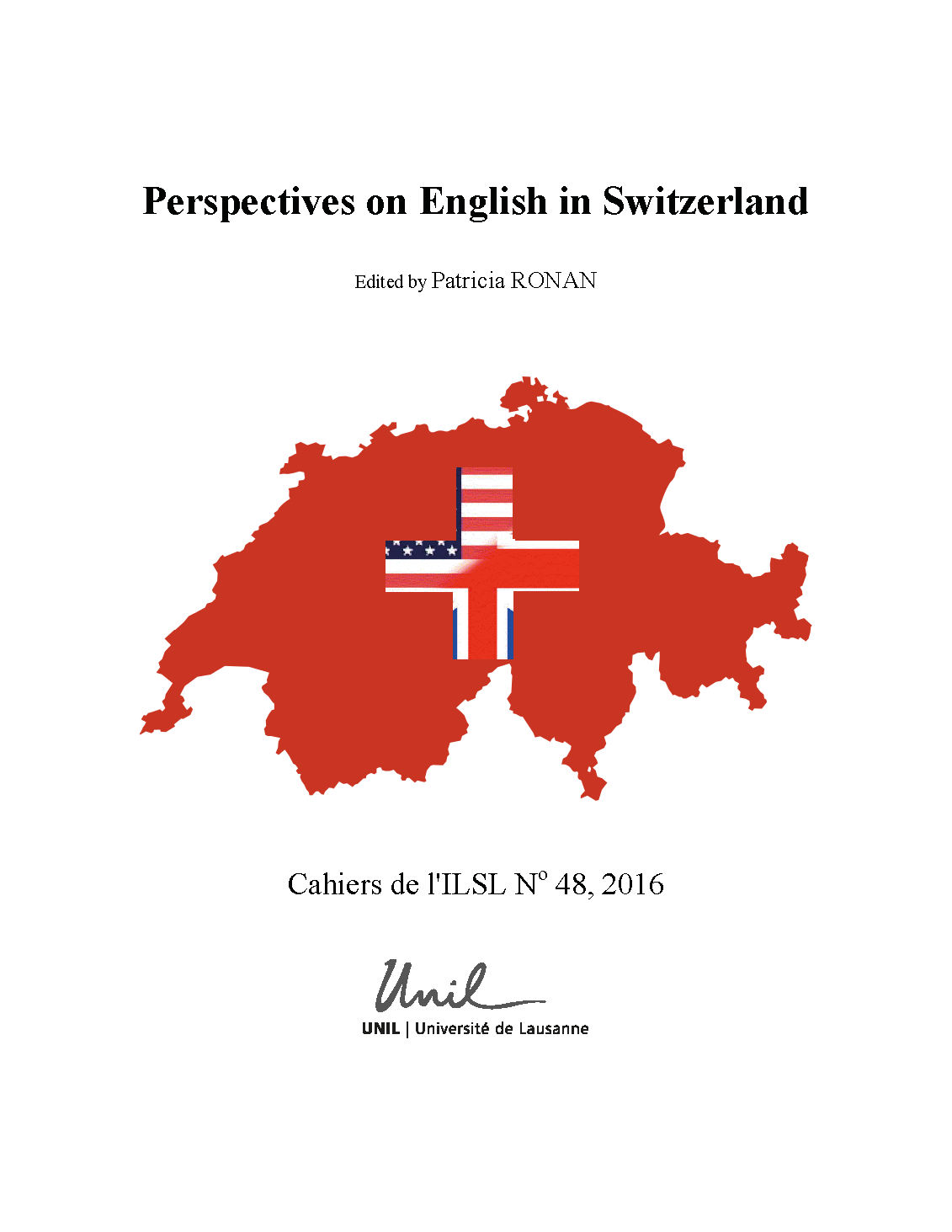Résumé
The paper addresses quadrilingual Switzerland as a unique sociolinguistic context with reference to the presence and the role of English. The aim is to outline a framework referred to as The Swiss Paradigm that builds on relevant theory blended with the results of a quantitative research. The theoretical reflection comprises the assumptions of contact linguistics and macro-sociolinguistics, whereas the empirical knowledge comes from the CATI (Computer Assisted Telephone Interviewing) survey carried out in the canton of Zurich in 2011. A particular interest focuses on the changes that occur in language practices and communicative patterns embedded in the Swiss multilingual setting. The paper intends to provide a macro-sociolinguistic account of multilingual contact where one of the languages develops lingua franca features. Thus, English as a global language in the multilingual context of Switzerland may be expected to yield a peculiar scenario displaying the characteristics of the Swiss context. This model does not claim validity for all multilingual settings, but rather urges that other cases be compared with this one in the light of the paradigm’s predictions. The proposed Swiss paradigmatic framework indicates – viewed through a macro-sociolinguistic lens – that the present linguistic situation in Switzerland eems to reflect a growing symbiotic relationship between English and the Swiss vernaculars.

Cette œuvre est sous licence Creative Commons Attribution 4.0 International.
